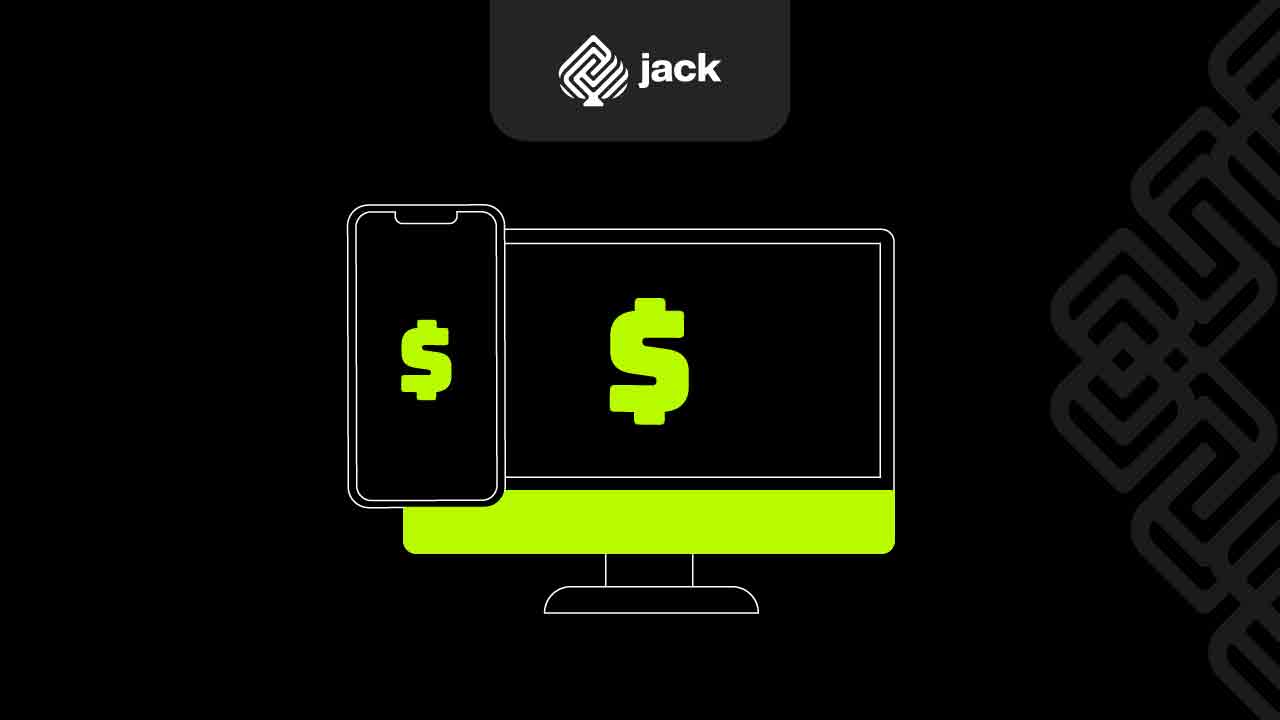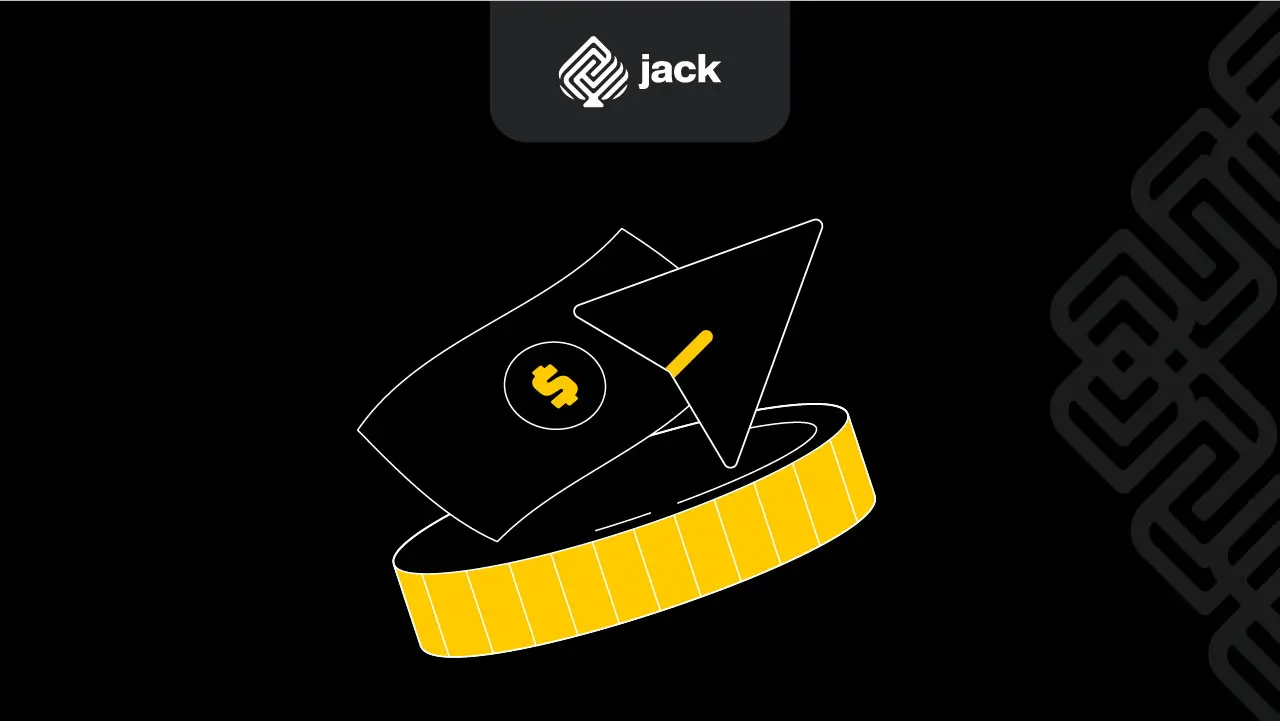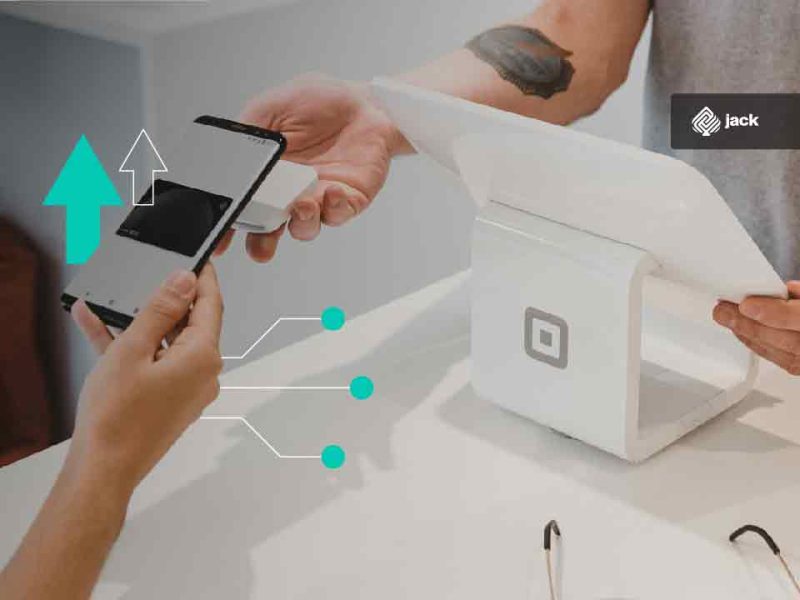Technology has transformed nearly every aspect of life, including the economy. Businesses that once relied on traditional methods are now shifting toward more modern, technology-based approaches. This phenomenon is known as the digital economy.
In Indonesia, this shift is not only evident in large cities but is also increasingly reaching other regions, as internet access expands. The digital economy opens up many new opportunities, but it also brings challenges that must be faced together.
Therefore, it is important for us to understand what the digital economy is, its benefits, characteristics, and how Indonesia can maximize this potential.
What is the Digital Economy?

The digital economy refers to economic activities that rely on information and communication technologies, particularly the internet, to conduct operations and business transactions.
Unlike the traditional economy, where most activities are carried out physically, the digital economy takes advantage of various online platforms that allow different parties to connect, interact, and conduct transactions without needing to meet in person.
A real example of the digital economy in Indonesia is the rapid growth of e-commerce. Platforms like Tokopedia, Bukalapak, and Shopee have now become a part of daily life for many people. Consumers can buy nearly any product with just a few clicks, while small and medium-sized enterprises (SMEs) can sell their products without needing a physical store.
This phenomenon makes the digital economy an essential part of Indonesia’s economic development.
Characteristics of the Digital Economy
The digital economy has unique characteristics that differentiate it from the traditional economy. Here are several key features to understand:
Digitized and Tracked
The digital economy utilizes technology to replace manual processes, allowing for more accurate measurement and tracking. The collected data can be analyzed to make better business management decisions.
Connected
The internet enables direct connections between various parties, including consumers, service providers, and business partners, without geographic limitations. This offers companies the chance to expand their market and improve operational efficiency.
Shared
In the digital world, many services are based on the concept of shared resources. Companies can now save costs by paying only for what they need, rather than purchasing assets that are underutilized.
Personalized
In the digital economy, consumer experiences are more personalized to fit their preferences and habits. Technology helps businesses offer products or services that are better suited to user needs.
Direct
One of the benefits of the digital economy is the elimination of intermediaries in transactions. This enables direct relationships between producers and consumers, speeding up processes and reducing transaction costs.
Benefits of the Digital Economy
The digital economy not only brings significant changes for businesses but also offers many benefits to consumers and society as a whole. Here are some of the main advantages:
1. Easier Access to Information
Advancements in technology make it easier to find the information we need. Consumers can compare prices, read product reviews, or check recommendations before deciding to make a purchase.
Additionally, businesses also benefit from this access to information. With available data, companies can improve their products or services to better meet market demands.
2. Saving Time and Costs
In the digital economy, many activities that used to take time can now be done in seconds. For example, buying items that once had to be done in physical stores can now be completed with just a few clicks on a smartphone.
For businesses, transitioning to the digital economy also allows for more efficient transaction management. Platforms like Jack Finance offer payroll and digital payment solutions, simplifying employee salary management without requiring complex manual processes. By using this platform, businesses can focus on growth without the burden of time-consuming administrative tasks.
3. New Job Opportunities
The rise of the digital economy has created various new jobs that didn’t exist before. For example, professions such as App Developer, Digital Marketing Specialist, and Data Analyst are now in high demand. This development opens opportunities for the younger generation to fill new positions in the technology field.
4. Improved Financial Inclusion
In the financial sector, digital technology has brought significant changes. Fintech (financial technology) has made it easier for people to access financial services such as loans, investments, and digital payments. For people who previously had no access to banks, the growth of fintech provides very helpful solutions.
Services like e-wallets, money transfer apps, and online loans make it easier for people to perform transactions without needing a bank account.
5. Empowering SMEs
SMEs in Indonesia now have greater opportunities to grow and expand thanks to digital platforms. With online marketplaces and e-commerce apps, SMEs can sell their products to a broader market, even internationally. They no longer need to worry about expensive physical store rental costs.
Many SMEs leverage platforms like Tokopedia, Bukalapak, and Shopee to introduce their products to consumers.
Spend with Flexibility, Anywhere with Jack
Challenges in the Digital Economy
While the digital economy brings many benefits, there are several challenges that must be overcome to fully utilize its potential.
1. Digital Divide
Although Indonesia has made rapid progress in the digital sector, there is still a significant gap between urban and rural areas in terms of access to technology.
Many regions still struggle to access quality internet, which hinders their participation in the digital economy. The government needs to ensure that internet infrastructure is available even in remote areas.
2. Data Security and Privacy
Security and privacy concerns need to be a top priority. Companies and individuals must be more careful in protecting their data to prevent it from falling into the wrong hands. Cybersecurity regulations need to be strengthened to address these threats.
3. Regulatory Changes
The government needs to create regulations that support the growth of the digital economy. Many sectors, such as fintech and e-commerce, still face uncertainty regarding regulations. Clear and supportive regulations will accelerate the growth of the digital economy.
4. Digital Literacy
Not everyone in Indonesia has the necessary digital skills. Therefore, it is important to improve digital literacy across all layers of society. The government and private sectors need to collaborate to provide more training and education to ensure everyone can use technology effectively.
Opportunities in the Digital Economy in Indonesia

Indonesia has vast opportunities to develop the digital economy, given the enormous market potential. Here are some sectors with great potential for development.
1. E-commerce for SMEs
E-commerce in Indonesia has become one of the main drivers for the SME sector.
According to recent projections, the value of e-commerce transactions in 2024 is expected to reach IDR 487 trillion, a significant increase from the previous year’s IDR 453 trillion. This shows how the e-commerce market continues to grow and provides opportunities for SMEs to reach a broader market.
Platforms like Tokopedia, Bukalapak, and Shopee offer opportunities for SMEs to compete with large companies, both domestically and internationally. Support from the government and private sectors is essential to help SMEs utilize these digital technologies effectively, including training and infrastructure.
2. Fintech
The fintech sector in Indonesia is growing rapidly, opening up various new opportunities in the financial field.
Services like digital payments (e.g., OVO, DANA, and GoPay), online loans, and app-based investments (such as Ajaib and Bibit) are becoming increasingly popular among the public. The presence of fintech makes it easier for people who previously had difficulty accessing traditional banking services, such as those living in remote areas or those without bank accounts.
3. Digital Education
Digital education in Indonesia is also growing rapidly. Online education platforms such as Ruangguru and Quipper allow students to learn more flexibly and according to their needs. These services help students across Indonesia, especially in remote areas, who may have difficulty accessing schools or formal educational institutions.
Through digital education, students can access learning materials anytime and anywhere, and participate in affordable online tutoring. This creates a great opportunity to overcome limited access to education in underdeveloped areas.
4. Online Transportation
Online transportation services like Gojek and Grab have revolutionized how people commute in Indonesia.
In addition to providing convenience for personal travel, these services also offer additional services such as food delivery, package delivery, and courier services. Online transportation has also helped create many new jobs, especially for drivers or delivery partners.
Use Jack for Your Business Needs
With the vast potential of sectors like e-commerce and fintech, it is essential for businesses to have efficient solutions for managing finances and transactions. Jack Finance offers various products like Corporate Cards, International Transfers, Payroll, Reimbursement, and Virtual Accounts that help companies manage payments and transactions more quickly, securely, and easily.
Digital transformation is not only for consumers but also for how we manage day-to-day business operations. By using Jack, businesses can operate more efficiently and reduce operational costs.






